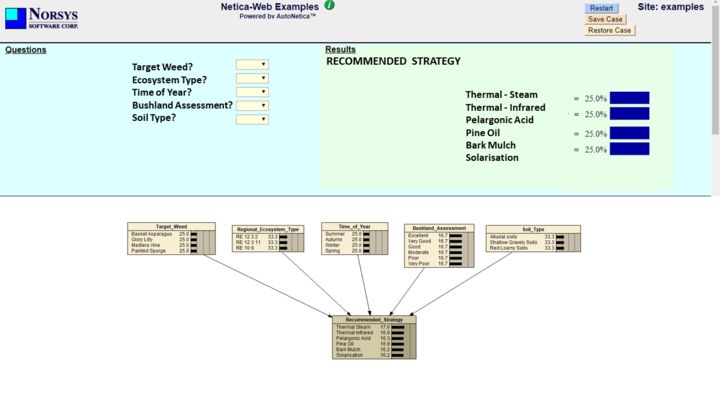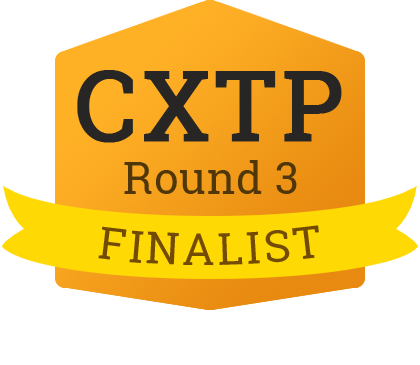EcoWeeders
The Problem
The spread of Invasive species, specifically invasive plants (or “weeds”) is one of the biggest conservation and land management problems in Australia with over 2000 species of weeds adversely affecting Australian ecosystems and costing the Australian economy over 80 million annually (according to the Invasive Species Council). Current weed management strategies applied in Australian conservation areas heavily rely on chemical herbicides such as Glyphosate. The highly publicised court rulings over the health impacts of Glyphosate has raised awareness and intention within the conservation community to change management practices. This is an exciting and timely opportunity for behaviour change within the community of conservation land managers in Australia; however, uptake of alternative, non-chemical weed control methods has been slow. This project will target this problem and aim to Ease the Change to non-chemical management of invasive species in natural areas and ecological restoration projects in Australia.
Our Proposal
The proposed solution to the problem is a Decision Support Tool to “Ease the Change” for conservation land managers in Australia to non-chemical weed management practices. To do so, the following Behavior Change Strategies will be applied: Providing support with planning and implementation of intentions: There is no single substitute to Glyphosate and a combination of alternatives may need to be used which requires careful planning and monitoring. The proposed solution aims to provide support with planning and implementation of non-chemical weed control methods by developing a Decision Support Tool with a simple web-based interface with a Bayesian Belief Network at the back end . Simplifying messages and Decisions: The Bayesian Network based tool will calculate the input variables provided by the user, which may be site specific variables like target weed species, vegetation type, soil type etc. The tool will run the input variables through the Bayesian Network to provide a probability of effectiveness for each management method. The Bayesian probabilities expressed in a simplified message on a user-friendly interface will support the conservation manager to decide on using one or a combination of non-chemical weed control methods for a given site.
We Assume that...
Local councils and conservation agencies will continue to spend millions of dollars annually to manage weeds in bushland areas.
Local Councils will will continue to show interest in seeking alternatives to Glyphosate
Local Communities will continue imposing pressure on government agencies to seek alternatives to Glyphosate
Constraints to Overcome
There is no single alternative to Glyphosate and a combination of non-chemical weed management methods will need to be used to substitute Glyphosate. This requires more planning, which is a barrier to Behaviour Change in management practices among conservation land managers. This barrier to change will be addressed by this project. The biggest breakthrough will be when decisions are eased and planning is supported by the ecoWeeders Decision Tool thereby “Easing the Change” to chemical free management practices.
Current Work
With funding from the Conservation X Labs, the team will begin with acquiring the required software to develop the Bayesian Network models and plug-ins to deploy the model via a web based application (as shown in the project image). During this phase, the team will also compile case studies and information from conservation managers and agencies where contacts have been established. This information will be used to populate the model and the first round of testing will begin towards the end of the sixth month period and beyond.
Current Needs
Projects Needs in the next 3-6 months: Resources: Acquisition of software, funding to cover costs to travel to project sites and run meetings and collect data Skills: Support from an app developer would be useful Knowledge: Case studies, trials, research on non-chemical weed control methods, thier effectiveness and constraints in real management situations

